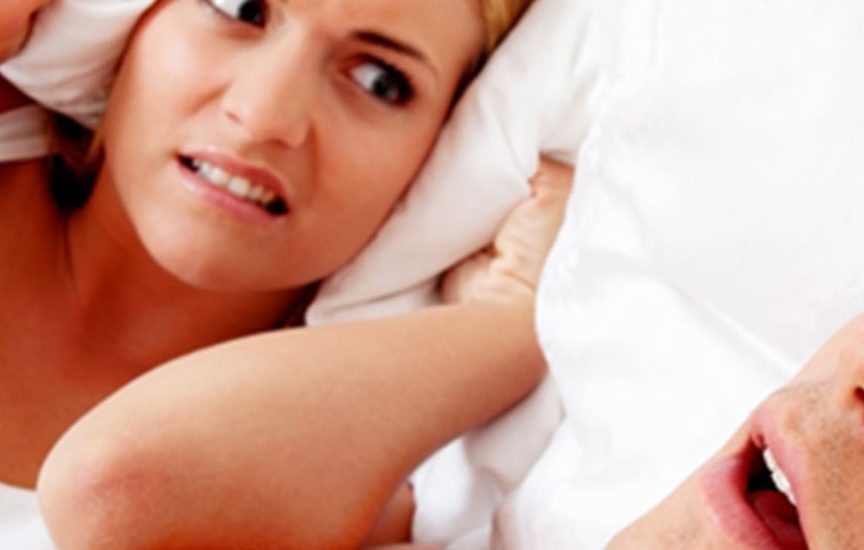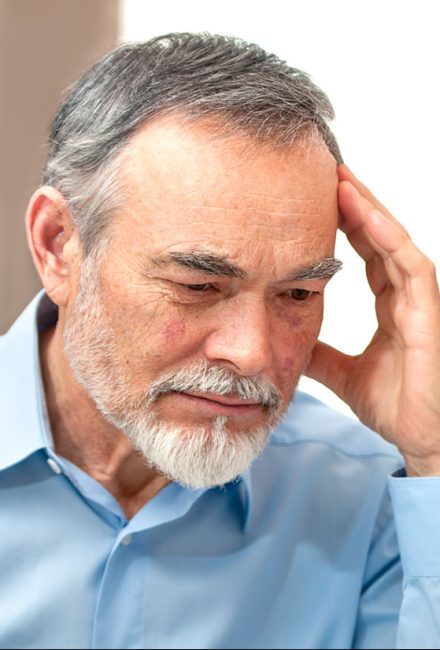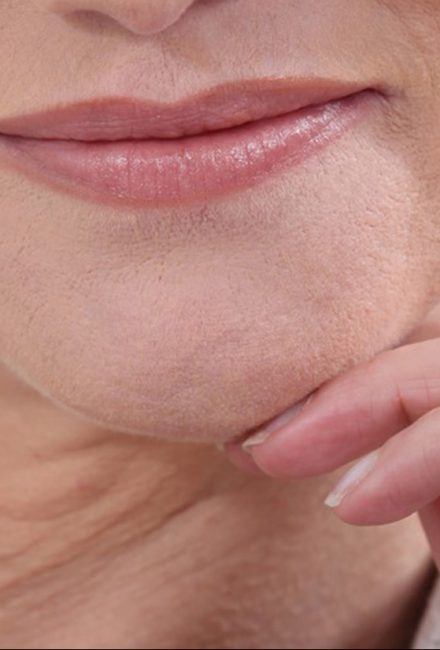Many of us struggle with not getting enough sleep. Stress, chronic pain, alcohol, anxiety, hormone imbalances for men and women can all affect the hours of solid shut-eye. Apparently before the invention of the light bulb, people slept an average of 10 hours per night. The average Canadian now sleeps 8 hours and 18 minutes per night.
How important is getting enough sleep?
Does a lack of sleep really affect our health, skin and aging?
Robert Foster, professor of Circadian Neuroscience at the University of Oxford claims that “30% of medical problems that doctors are faced with stem directly or indirectly from sleep” and research says that people who consistently fail to get enough sleep are at an increased risk of disease. Your precious slumber is a time that the body takes to repair itself. The less sleep you get, the weaker your immune system is, leaving it less able to fight off colds, flu, and other infections.
Even heart disease and stroke are a risk, as lack of sleep creates an inflammatory response in your cardiovascular system, in the blood vessels and arteries.
Studies have shown that with just 6 days of sleeping 2 hours less each night, your body almost immediately develops a condition that resembles the insulin resistance of diabetes. In one study, people who slept five hours per night were 73% more likely to become obese than those getting seven to nine nightly hours of sleep. In fact, it was discovered that lack of sleep was a bigger contributor to childhood obesity than any other factor.
Depression, high blood pressure…the list goes on
Until recently, there had been no studies on whether it also causes premature skin aging.
Estee Lauder commissioned a study with 60 pre-menopausal women between the ages of 30 and 49, with half of the participants falling into the poor quality sleep category. Poor quality sleepers showed increased signs of skin aging including fine lines, uneven pigmentation and slackening of skin, reduced elasticity and a decrease in their skin’s ability to recover after sun exposure,” said Dr. Baron, Director of the Skin Study Center at UH Case Medical Center and Associate Professor of Dermatology at Case Western Reserve University School of Medicine.
The good news is that your body repairs itself quickly so if you can manage to get 7-9 hours of quality sleep per night, it won’t be long before you look and feel better.
Can we have poor sleep quality and not know it?
Many people live with sleep apnea and unless a family member or partner recognizes it, they can go years without help. They may have the signs of sleep deprivation and be chronically tired when they wake up but not be sure why. Obstructive Sleep apnea is most common. In this condition, the airway collapses or becomes blocked during sleep. This causes shallow breathing or breathing pauses.
When you try to breathe, any air that squeezes past the blockage can cause loud snoring, snort or choking sound. This can occur 30 times or more per hour constantly disrupting your sleep.
The testing for sleep apnea is simple so see your doctor and get referred to a sleep clinic to check it out. If you know you are not sleeping enough, be proactive and make necessary changes. Sometimes the smallest alterations to your routine can make all the difference.
Simple, natural tips for better sleep:
- Shut off the computer and TV an hour before bed and read a book instead.
- Avoid a late large meal and too much liquid.
- Keep your room temperature low
- Try a warm bath before bed
- No caffeine 10 hours before bedtime
- Stick to a sleep schedule
- Exercise in the day and get plenty of light
- Try not to turn a light if you use the bathroom in the night
Supplement choices that you can take before bed that may relieve anxiety and induce sleep:
- 600 mg of magnesium and 200 mg of calcium
- 30 to 120 milligrams of hops (supplement)
- Wild-lettuce supplement, take 30 to 120 milligrams
- Melatonin – 0.3 to 0.5 milligrams
- L-Theanine – 50 to 200 milligrams
- Valerian 200 to 800 milligrams



